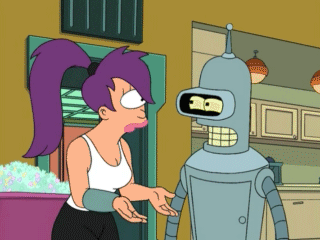Earlier this week, I took the time to watch Vox Day and Stefan Molyneux talk about (among other things) the recent history of Science Fiction and Fantasy publishing. It mirrors what I've heard from Mike Cernovich, in that the publishing game is now such that the existing institutions are moribund, rotting, unsalvagable, and therefore worthless. In short, writers are on their own.
With Amazon now being the biggest bookseller in the world, and making it very easy to publish independently through Amazon's outlets, what would have been a terrible tragedy for the cultural development of the world's nation is instead an opportunity for those bold enough to go for it to be in the vanguard of the movement that sweeps away such a wretched old publishing paradigm. It is no longer a place where the writer is an atomized cog in a vast publishing machine; it is now a place where each writer is a publishing enterprise until himself.
That's not hyperbole. Mike Cernovich proved it with the spectacular release of Gorilla Mindset, with over 10000 copies sold within six months. Mainstream publishers shit their pants over such number these days, especially in fiction (including genre fiction), and this is becoming the norm for independent writers who see as Cernovich does: they they are businesses, not just skilled workers, and act accordingly.
Cernovich takes every opportunity to market himself, his books, and his brand to cultivate his audience. Even after striking a deal with Vox Day's business, Castallia House, he keeps at this with the steady pace of a jackhammer. This means that he operates his writing as if he is a publishing house to himself, and that is what you should shamelessly copy and implement for yourself.
That includes me. It's time that I up my game, organize my shit, and be that business to myself. It's the mindset of a professional, and the professional that succeeds has to adopt and internalize the winning mindset that Cernovich's brand bases itself upon. (So, yes, I did buy myself a copy of Gorilla Mindset; gotta start somewhere.)
So, I'm going to take the next few weeks to assess what's what, and then organize a practical schedule that gets shit done and out the door. The covers will not be pretty. Format launches will be separated by necessity. I'll gladly use my existing outlets to get the word out, so expect more posts where I hype my own material. This Autumn in particular should be very productive for me, with Winter being a finishing phase before I get the first of material out the door and available for sale.
You're on your own now, Fellow Writer. The houses of old are slowly collapsing, and there is nothing that can save them. Nor should they be saved, as the rot is too far gone now. You want to succeed? Choose yourself, make the time, build up your own brand, and use the tools available to you to be your own publishing house. Go for it. Fortune favors the bold for a reason.
